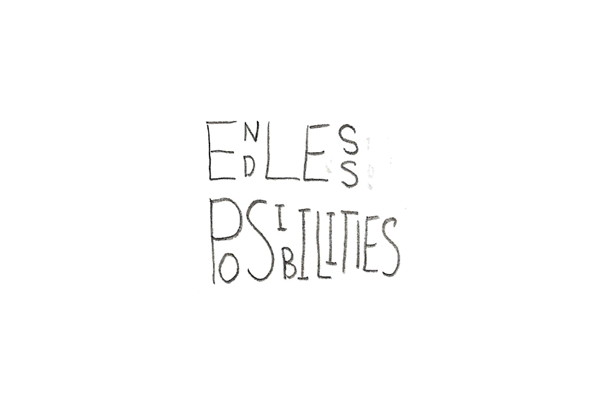Immortality is one of the major topics that accompanies the question: What is the meaning of life? When discussing immortality, it seems as though there are as many views on this as there is on other large topics like politics and other social issues. Our group has decided to take advantage of this and has looked at different sources and opinions in order to gain a more in depth knowledge of who believes what in certain circumstances. We have used people of different religions, different ages, and even a few movies to see the differences in thoughts. To determine who picked what topics, we each chose what interested us each the most and who had easy access to different sources of information. The following part of this website that discusses religious views on immortality was conducted by a student with friends of different religions and the section of age groups was conducted by a student that interviewed many different people to see if their views change with age.
In lecture, we spent about two weeks discussing various philosophers and their thoughts and opinions on what immortality would do to humans and if they would be changed if they knew that their lives would never end. To avoid the monotonous ‘reading an essay’ feel, here are the basic views of a couple of the more influential ones, followed by fun graphics:
Schoeffler: assumptions and thoughts on what a “doomsday” scenario would do to the human race.
- Almost all activities would have no importance
- Music
- Art
- Philosophy
- Every-day tasks
- People would care for each other more
- Taking care of other people would be more important than ourselves
- Nothing would be enjoyable
- Even the REALLY AWESOME stuff
- Fine cuisine
- Adrenaline-inducing activities
- Roller coasters
- Sky diving
- Bungee jumping
- Scuba diving
- Even sex!
- Even the REALLY AWESOME stuff
Susan Wolf: It might be all gloom-and-doom for a while, but soon we would realize that maybe it’s not so bad. She had SOME of the same views as Schoeffler, but not as terrible.
- We would inititally freak out! (as would be expected in this situation)
- But then it’d be ok!
- It would free up time to do whatever makes us happy
- Art
- Science
- Performing
- Gardening
- Reading
- Video Games
- Other hobbies
- We could be VERY wasteful with:
- Time
- Money
- Resources
- Because it WOULDN’T MATTER!
- In a direct quote:
- “the sorts of activities least likely to be affected by the doomsday scenario are those that are explicitly focused on the care and comfort of others.”
- Helping others be as comfortable in their final bit of time
- Everybody else is in the same situation, so why fight?
- “the sorts of activities least likely to be affected by the doomsday scenario are those that are explicitly focused on the care and comfort of others.”
- It would free up time to do whatever makes us happy
In light of the recent political tensions and presidential candidates, I thought it’d be fun to make bumper stickers for these two, as if they were running for office:
In order to get some of my own feedback, rather than simply depending on the writers’ whose information is included later on, I conducted a survey of my floor of my building on campus to see what people thought about living forever. I simply made a post on my floor’s “GroupMe” page that there was a survey near the elevator that I’d appreciate their participation on. I purposely didn’t disclose any other information because I wanted to see what people thought of the idea of immortality without the influence of my thoughts. From the results, while disappointingly lacking, it seems that people don’t like the idea of living forever (or at least the small sample size that I used). I think this might because there are too many open ended questions that need to be answered. Some of these that come to mind for me personally are:
- Will I retain my mental capabilities?
- Will I remain physically capable?
- To what point will I progress? (mentally and physically)
- Can other people I care about live forever with me?
- Can I choose those people?
- And SOOOO many more with time to think and contemplate the decision.
In the remainder of this blog, please keep an open mind and think about what your answer would be if someone were to ask YOU if you’d like to live forever.








